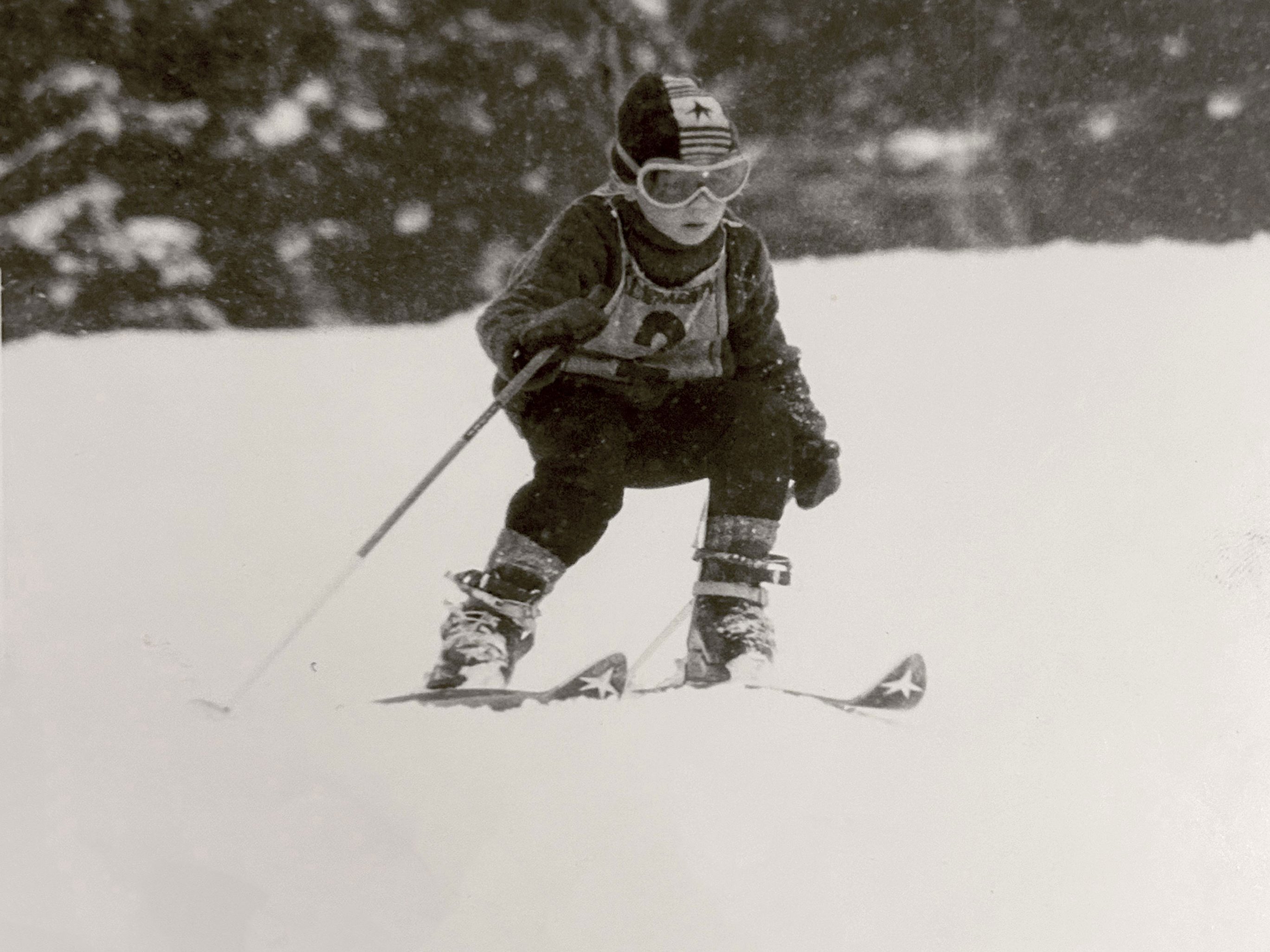- If I were not a musician ...

In this section we present Berliner Philharmoniker and their extra-musical activities. Today: cellist Nikolaus Römisch, who kicks the ball into the back of the net.
Nikolaus Römisch is a true Berliner. He was born in the district of Neukölln and grew up in Lankwitz. Although he has also lived in other parts of the city such as on Maybachufer and in the Graefekiez, he feels particularly at home in the south-west of the German capital. He now lives in the Lichterfelde Ost district with his wife and three daughters. The football club FC Viktoria Berlin was founded there in 1889 and today has around 1,600 members. One of them is Nikolaus Römisch.
The 49-year-old has been playing football since he was able to walk. And yet he comes from a home where sport was not very important. His love for football came more from himself. “When I was young, there were still football pitches where the neighbourhood kids met after school to play,” says Nikolaus Römisch with a smile. That’s how it all started.
In 1996, SG Eichkamp-Rupenhorn e. V. became Nikolaus Römisch’s first football club, and he has remained loyal to it for over 20 years. But at some point it became more and more difficult to find enough team mates to field a competitive team. As the defeats came, his disappointment grew. The family moving to Lichterfelde finally led to the change to FC Viktoria Berlin.
By this time, he had long been a member of the Berliner Philharmoniker. His route to this point started with a solid training under Reinhild Oelmüller, Dietmar Schwalke, Wolfgang Boettcher and Ivan Monighetti. From 1986 to 1990, Nikolaus Römisch played in the National Youth Orchestra of Germany, and from 1990 to 1996 in the EU Youth Orchestra, after which he was engaged by the orchestra of Deutsche Oper Berlin. Three years later, he finally joined the Berliner Philharmoniker at the turn of the millennium, also becoming a member of the 12 Cellists.
“Sport is very important to me as a physical outlet,” explains Nikolaus Römisch, “because we cellists are always sitting down. Violinists can also stand up sometimes and most wind players are also able to play standing. That’s not possible for us.” Playing football is always about competition, but this sport also has a great social element. “You have to be able to rely on each other in a team,” says Nikolaus Römisch. The cellist finds it enriching that he can immerse himself in a completely different world during training or a game, a world in which music does not exist.
As a Berliner, does he have a favourite club? Nikolaus Römisch smiles – and shakes his head. He has no emotional attachment to either of Berlin’s big teams, Hertha BSC or Union Berlin. He does exchange views on the games of the big teams with colleagues from time to time, but he doesn’t go to the stadiums. He prefers to attend the training sessions of his 13-year-old daughter, who also plays for Viktoria.
Would football ever have been an alternative career to music? “No,” Nikolaus Römisch replies. The pressure on young professional players is very great, he says, plus there is the physical wear and tear. “It wouldn’t have been for me,” he says at the end of the interview. A rehearsal of Gustav Mahler’s Second Symphony conducted by Gustavo Dudamel is about to start. And this evening, football training is scheduled. “The way things have turned out is just fine.”

Nikolaus Römisch
Profile of the cellist of the Berliner Philharmoniker

Wenzel Fuchs: If I were not a musician …
Why Wenzel Fuchs swapped his ski poles for the clarinet.

Anna Mehlin: If I were not a musician ...
In this section, we present Berliner Philharmoniker musicians and their extra-musical passions. Today: violinist Anna Mehlin, for whom perfection and dedication are important not only in music.